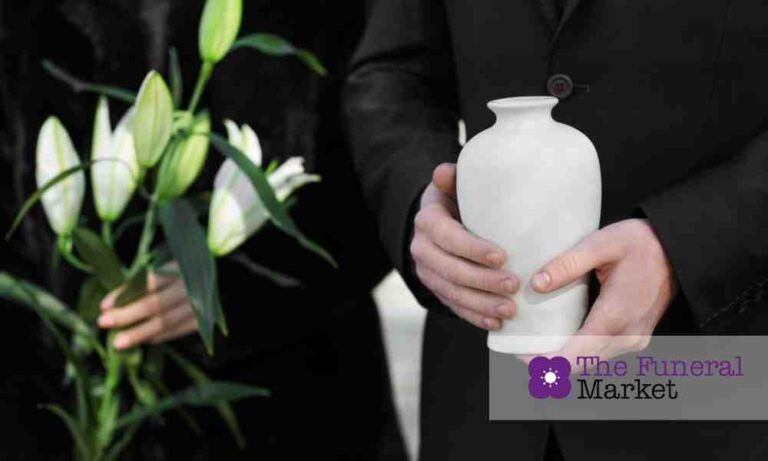Cremation only is also known as Direct Cremation. In the United Kingdom, cremation has reached the same level of popularity as “conventional” burial. In fact, today, cremation is preferred by quite a number of Britons, unlike the previous years.
A lot more people are embracing cremation as their way of paying final respect to their loved ones. The National Funeral Directors Association predicts that this percentage will surpass 78 per cent by 2035.
Due to its flexibility and lower cost as compared to more traditional funeral and burial choices, cremation has become more and more popular in recent years. Many families, however, are not entirely aware of the cremation procedure and the cremation only option.
This article aims to educate our readers and the families about cremations and to define sometimes misinterpreted business jargon. As an alternative to traditional burial in a coffin or casket, cremation is a way to dispose of a body.
The remains are placed in a cremation container and burned in an industrial furnace (also known as a cremation chamber or retort) until they are reduced to their basic chemical components, which are gases, ashes, cremains, or mineral fragments.
There has been an increase in cremation operations owing to factors like:

In contrast to traditional burial, cremation often does not call for embalming and does not necessitate huge burial grounds. Additionally, cremation only is the less expensive option compare to other cremations or even a traditional burial. The following are the three main types of cremation:
Direct cremation also known as cremation only, involves transferring the remains to a cremation facility without holding a funeral service first. This method is sometimes the least expensive method of cremation because it does not require a funeral service or the purchase of a casket.
Usually, there is no opportunity for a viewing, visitation, or wake before a direct cremation. Most families will plan a memorial service for friends and family to attend at a later time.
Alkaline hydrolysis can be used as an alternative to flame cremation. The reaction that results from the interaction of the water, alkali, heat, and pressure accelerates decomposition and leaves just bone fragments and a sterile liquid behind.
About 30% more remains are produced by the flameless method than by flame-based cremation, which would call for a bigger vessel. Depending on the body mass and the equipment, this operation could take three to sixteen hours.
Unlike traditional flame-based cremation, many medical devices, such as pacemakers, don’t need to be taken out before the procedure.
Alkaline hydrolysis is seen as a more environmentally friendly option than burial. The sterile fluid that is left after any remaining bone fragments are removed can then be recycled through the wastewater treatment system.
Alkaline hydrolysis is now preferred over the traditional method by many people who are concerned about the environment because of its favourable effects on the environment. It is a green option in addition to having the capacity to recycle the liquid byproduct for a number of significant factors, including:
You must first ascertain whether green cremation is permitted in your area before deciding whether to choose it. To learn about the particular procedures cremations or cremation only, you should ask one of our expert advisors.
Alkaline hydrolysis may not be available at The Funeral Market yet, however, it is a cremation method that we may see in the coming years.
Searching for companies listed as “Crematory, Alkaline Hydrolysis” in the Cremation Association of United Kingdom Member Directory is a good place to start. It is amazing how this search can be easily carried out. You only need access to the internet and a device to access the internet.
More and more people are embracing cremation due to the numerous ways that one can benefit from it. Some of them are as follows;
When compared to traditional burial, choosing cremation broadens your options for commemorative activities and reduces the stress of preparing a funeral. There will also be more time for distant relatives to prepare a memorial service and travel arrangements. Hence, cremation only has become a very popular choice.
There is a lot more about direct cremation on the next page.